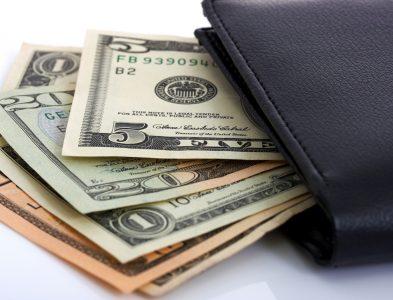Bankruptcy Exemption Basics
:
Filed under: Filing Bankruptcy
 You may have heard that filing for bankruptcy is bad because it will liquidate all your assets. This is false. Although there are some instances in which some of your income or assets could be used to pay debts to creditors as part of your bankruptcy filing; they won’t take everything you have. In fact, the bankruptcy process was designed for the consumer based on amounts they can afford. There are exemption laws that vary by state that can offer additional protection over income and assets in bankruptcy.
You may have heard that filing for bankruptcy is bad because it will liquidate all your assets. This is false. Although there are some instances in which some of your income or assets could be used to pay debts to creditors as part of your bankruptcy filing; they won’t take everything you have. In fact, the bankruptcy process was designed for the consumer based on amounts they can afford. There are exemption laws that vary by state that can offer additional protection over income and assets in bankruptcy.
What is an exemption?
A bankruptcy exemption is a set amount of money or valued property that is protected from liquidation in bankruptcy.
What items are not exempt?
When you file for bankruptcy, you will be required to list your items, income, assets, fund accounts, and property. However, in most cases anything that has a value of $600 or less. This includes clothing, furnishings, appliances, household goods, and so on. However, this exemption does not cover cash or property used in a trade or business.
Will these be liquidated or exempt?
If you file for Chapter 7 bankruptcy, the trustee will liquidate most of your general items worth less than $600 unless it falls under an exemption. But if you file for Chapter 13 bankruptcy, you will be able to keep these assets.
What other assets are exempt in bankruptcy?
Generally, you can keep your car if it is worth less than $4,650. You may keep the equity in your home. This is known as the homestead exemption. If you are married, you can protect up to $125,000 of the equity in your home. This is known as the family homestead exemption. You may also be able to exempt the equity in other types of property, such as a recreational vehicles, tools of your trade, boat, or personal property.
What happens to nonexempt assets?
When you file for bankruptcy, you must turn over any nonexempt assets to the trustee. The trustee will liquidate these assets and distribute the proceeds to your creditors.
Call us today at (817) 203-0600 to learn more about how your Hurst bankruptcy lawyer can help protect your property with exemptions.







